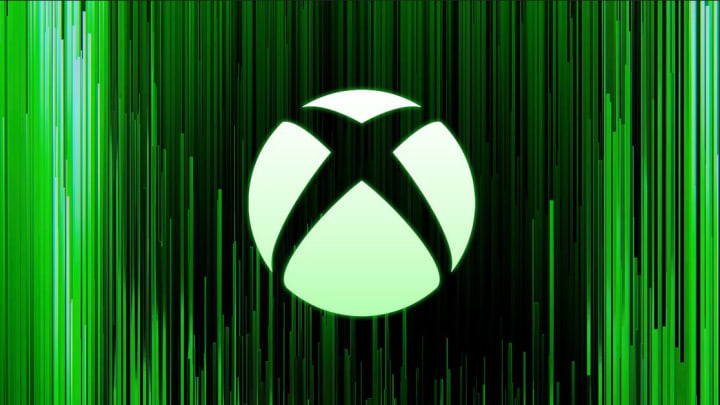FTC criticizes Xbox Game Pass price increases

The Federal Trade Commission (FTC) has criticized Microsoft for increasing the price of Xbox Game Pass and called the newly introduced standard tier of the subscription service, which no longer contains Day 1 games, a “degraded product” in a court filing (via The Verge).
The FTC, which lost a fierce legal battle with Microsoft over its acquisition of Activision Blizzard last year, wrote in the filing that this alleged degradation as well as the recent layoffs at Microsoft were exactly the kind of consequences it had warned everyone about.
“Product degradation – removing the most valuable games from Microsoft’s new service – combined with price increases for existing users, is exactly the sort of consumer harm from the merger the FTC has alleged. Microsoft’s price increases and product degradation – combined with Microsoft’s reduced investments in output and product quality via employee layoffs – are the hallmarks of a firm exercising market power post-merger,” the FTC stated.
The Commission claimed that “Microsoft’s actions are inconsistent” with its promises during the preceding legal battle in regards to Call of Duty.
The FTC argued: “Microsoft’s price increases coincide with adding ‘Call of Duty’ (CoD) to Game Pass’s most expensive tier, and discontinuing the Console tier will happen shortly before releasing CoD’s newest game. Below, Microsoft promised that ‘the acquisition would benefit consumers by making [CoD] available on Microsoft’s Game Pass on the day it is released on console (with no price increase for the service based on the acquisition).’”
“Microsoft’s post-merger actions thus vindicate the congressional design of preliminarily halting mergers to fully evaluate their likely competitive effects, and judicial skepticism of promises inconsistent with a firm’s economic incentives,” the filing concluded.
The regulator is still in the process of appealing a court decision from last year that prevented the FTC from blocking Microsoft’s takeover of the Call of Duty publisher. A ruling on this hasn’t been made despite the companies closing their deal in October 2023.
